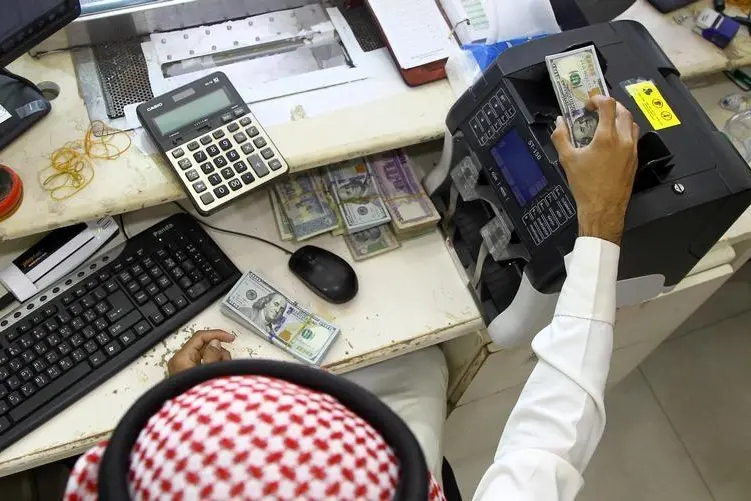PHOTO
Compared with other emerging markets, Saudi Arabian banks have showed some resilience thanks to support from the Central Bank and minimal reliance on external funding, said S&P Global Ratings in a new report.
The financial performance of rated Saudi banks is expected to remain under pressure in 2021 on the back of lower interest rates and higher cost of risk, the RatingsDirect report said, adding that the pandemic will continue to dominate credit conditions.
As regulatory forbearance measures are gradually phased out and the economy adjusts to the new normal, the cost of risk will remain elevated in 2021, increasing to 140 bps (from 80 bps in 2019), before starting to gradually normalize in 2022, added the RatingsDirect report.”We see the banks as vulnerable to a spike in geopolitical risk,” it added.
In the report “Banks In Emerging Markets: 15 Countries, Three Main Risks (January 2021 Update), S&P analysts expect that banking systems in emerging markets (Argentina, Brazil, Chile, China, Colombia, India, Indonesia, Malaysia, Mexico, the Philippines, Russia, Saudi Arabia, South Africa, Thailand, and Turkey) will face three common risks in 2021: The expected deterioration in asset quality indicators as regulatory forbearance measures are lifted; a volatile geopolitical environment or domestic policy uncertainty; and--for a few--vulnerability to abrupt movements in capital flows.
However, given the exceptionally low interest rates in several developed markets, analysts expect Saudi banks with sound credit fundamentals to retain good access to international capital markets.
On the geopolitical side, with the incoming US administration, the potential reinstatement of the Iran nuclear deal could upset Saudi Arabia, some other GCC countries, and Israel. It is unclear how these governments will tackle the related challenges, the report said.
In the GCC, 2021 started positively with the resolution of the boycott of Qatar by four Arab countries. In our view, this will improve political and economic cooperation across the GCC. That said, we believe the damage done by the three-year boycott of Qatar to the GCC's political cohesiveness, both real and perceived, is likely to remain.
If geopolitical risks heightened, investors could shift their attention to more stable regions. This would prompt an increase in funding costs, a lower appetite for regional instruments, or major foreign funding outflows. The transmission channels to other EMs include through commodity prices (mainly oil), which are likely to increase in case of conflict and depending on its severity, or through a shift in investor sentiment.
“Overall, we expect banks will maintain high levels of core deposits in their funding base and their strong liquidity metrics will remain intact. We also believe that the regulation will remain at least comparable with peer countries globally,” S&P Global Ratings concluded in the report. – TradeArabia News Service
Copyright 2021 Al Hilal Publishing and Marketing Group Provided by SyndiGate Media Inc. (Syndigate.info).





















